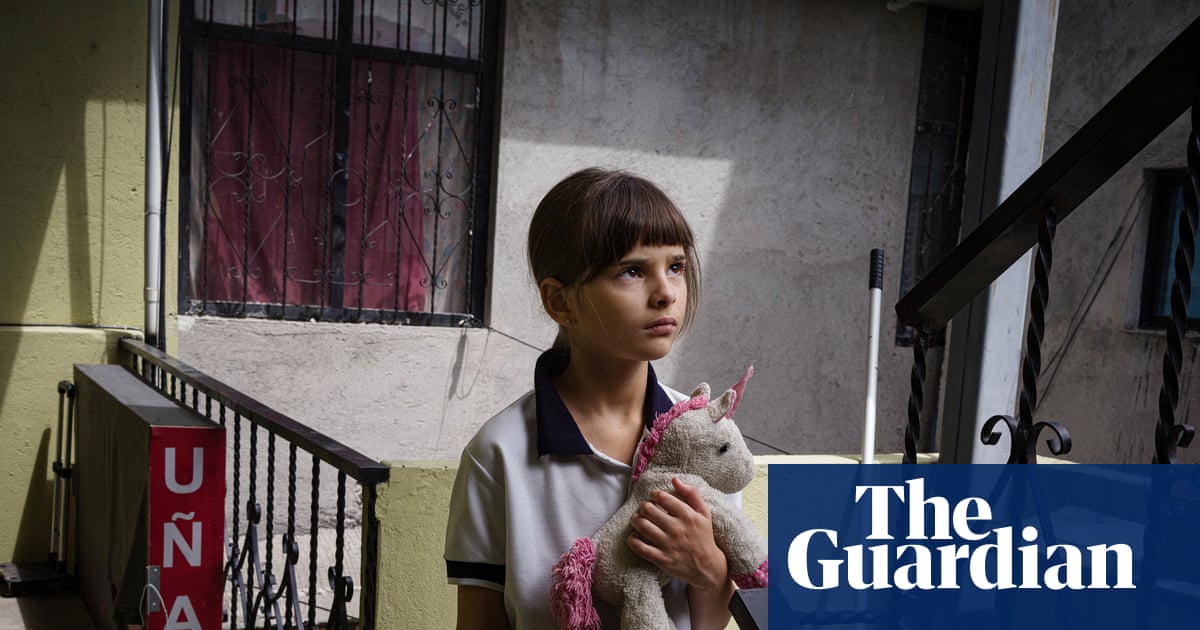
"When can I go back to school? That's the first question many children across Latin America start their day with. For millions in the region, there's often no guarantee that their school will be open, accessible or safe that day. Classrooms caught in crossfire, hours-long walks and buildings destroyed by natural disasters are just some of the obstacles children face. On top of that, extreme poverty and displacement force many to drop out."
"Even when school is out of reach, children have an innate desire to learn. They turn bedrooms into study spaces, long walks into daily routines and ruins into classrooms. Whether it is sharing textbooks with friends, scraping together coins for a school uniform or leaving their homes to stay in remote boarding schools, their determination propels them on to find ways to keep learning."
Children across Latin America frequently encounter barriers to education caused by violence, long commutes, natural disasters, extreme poverty, and displacement. Schools can be unsafe, damaged, or inaccessible on any given day, forcing many children to drop out. Children adapt by converting homes and ruined spaces into learning environments, sharing resources, and seeking remote or boarding options to continue studies. Plan International's Safe Schools project provides catch-up classes, financial support for at-risk children, parental awareness sessions, reinforced construction, evacuation drills, and teacher training, with support from the EU. The account of nine-year-old Abri illustrates how insecurity, isolation, and economic strain affect concentration and school participation.
Read at www.theguardian.com
Unable to calculate read time
Collection
[
|
...
]